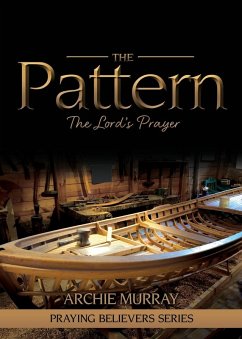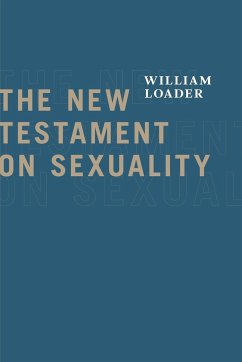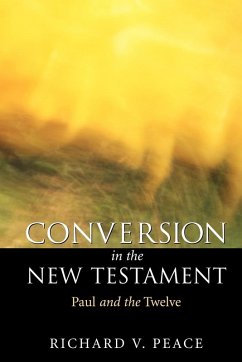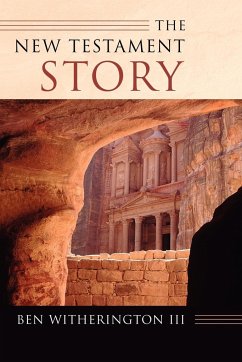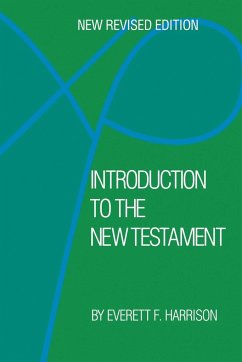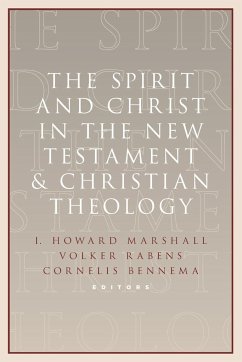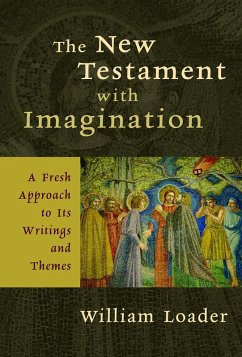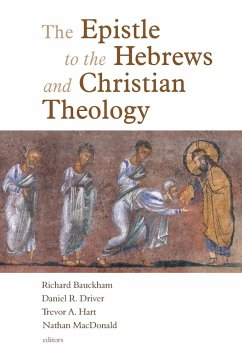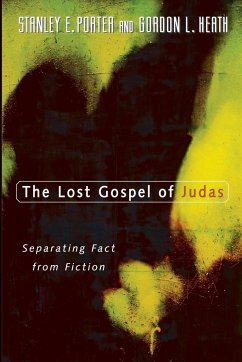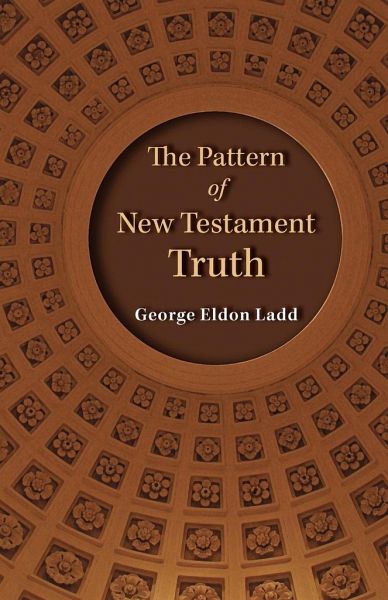
The Pattern of New Testament Truth
Versandkostenfrei!
Versandfertig in 1-2 Wochen
19,99 €
inkl. MwSt.

PAYBACK Punkte
10 °P sammeln!
This is a print on demand book and is therefore non- returnable. George Eldon Ladd here addresses the problem of differences and similarities in the theologies of the New Testament writers, and seeks to show in this examination what he calls "the pattern of New Testament truth." The author argues against an overemphasis on Gnosticism in the study of the background of the New Testament. Ladd then goes on to consider a philosophical movement, prevalent during the first century, about which much more is known — Greek dualism, especially as expressed by Plato, Plutarch, and Philo. He points ou...
This is a print on demand book and is therefore non- returnable. George Eldon Ladd here addresses the problem of differences and similarities in the theologies of the New Testament writers, and seeks to show in this examination what he calls "the pattern of New Testament truth." The author argues against an overemphasis on Gnosticism in the study of the background of the New Testament. Ladd then goes on to consider a philosophical movement, prevalent during the first century, about which much more is known — Greek dualism, especially as expressed by Plato, Plutarch, and Philo. He points out the differences between Greek and New Testament thought, and goes on to contrast the Greek view of reality with that of the Hebrews, which he concludes to be essentially that of the New Testament. / The unity of the New Testament, Ladd believes, is to be found in the Heilgeschichte, the record of the historical dealings of God with man. The diversity between the Synoptics (Mathew, Mark, and Luke), John, and Paul is a result of different perspectives from which this redemptive event of God is interpreted. A chapter is devoted to each of these viewpoints, giving a detailed analysis of the unity and diversity that manifests itself, and demonstrating that differences are a matter of separate strata or levels of theology rather than of conflicting suppositions.





